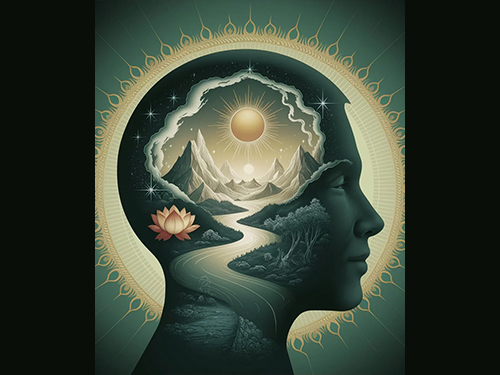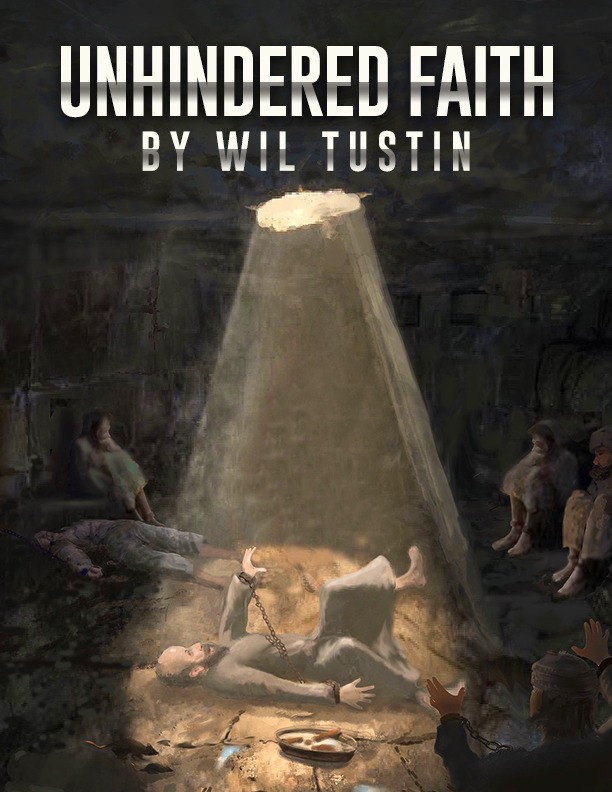Spirituality, the profound sense of connection to something greater than ourselves, has been a quiet yet transformative force throughout human history, shaping lives, cultures, and civilizations. Unlike religion, which often comes with defined doctrines and structures, spirituality is a deeply personal, universal experience that transcends boundaries and definitions. It is found not just in places of worship but in the silent awe of starlit skies, the serenity of a forest path, or the inner calm before a storm.
At its core, spirituality is the human quest for meaning. In a cosmos that can feel vast and indifferent, spirituality serves as a compass, guiding us toward purpose and significance. This need for connection appears to be woven into our very DNA, as every culture in history has expressed spirituality in unique ways—whether through Aboriginal Dreamtime, Native American vision quests, or the meditations of Buddhist monks.
Modern science increasingly affirms what spiritual traditions have long understood. Studies reveal that spiritual practices, from meditation to prayer, enhance mental health, reduce stress, and even strengthen the immune system. Brain scans of those engaged in spiritual activities highlight increased activity in areas linked to compassion, empathy, and emotional resilience. Spirituality isn’t just about beliefs; it’s about fostering a state of being that helps us thrive.
Spirituality becomes especially vital in times of adversity. When life feels overwhelming or uncertain, spiritual practices often provide a reservoir of hope and resilience. This isn’t solely about belief in a higher power—it’s about finding an enduring sense of purpose that steadies us in the face of life’s trials.
In our material-driven world, spirituality offers a counterbalance, reminding us of intangible riches like peace, compassion, and wisdom. These treasures, unlike material wealth, grow as they are shared. They sustain us in ways that material possessions cannot, offering a sense of fulfillment that is deeply human.
On a societal level, spirituality has shaped ethics, inspired art, and fueled movements for justice and peace. Figures like Martin Luther King Jr. drew upon spiritual convictions to advocate for equality and human dignity. Spirituality’s influence extends to environmental movements and campaigns for peace, often providing the moral foundation for collective action.
Spirituality also reframes our understanding of mortality. It invites us to see death not as an end but as part of a larger journey, offering solace and a framework for facing the unknown. This perspective doesn’t eliminate fear but transforms it into a pathway for deeper understanding and acceptance.
Perhaps one of spirituality’s most profound gifts is its ability to connect—across divides of race, nationality, and ideology. In an era where differences often dominate, spirituality reminds us of our shared humanity and interconnectedness. It acts as a bridge, uniting people through shared experiences of awe, love, and wonder.
As we navigate the complexities of the 21st century, spirituality remains more relevant than ever. In a world increasingly dominated by technology and automation, it anchors us to the ineffable aspects of existence—those moments of mystery, transcendence, and profound connection that make us uniquely human. Spirituality, far from being a relic of the past, is a force that propels us toward a richer, more meaningful future.





